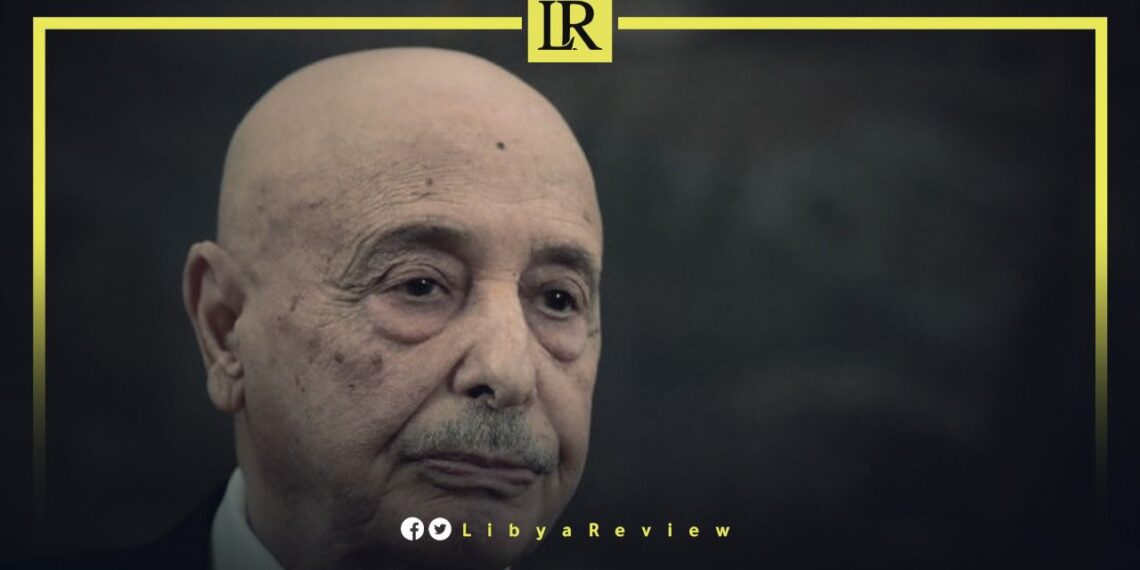On Saturday, the Speaker of the Libyan House of Representatives (HoR), Ageela Saleh, rejected the idea of engaging in discussions with Abdelhamid Dbaiba, the Prime Minister of the Government of National Unity (GNU), citing the expiration of the latter’s official mandate.
In televised statements, Saleh emphasised that dialogue with Dbaiba is not justifiable, given the HoR withdrawal of confidence in his government.
The Parliament Speaker also advocated for forming a new government with a definitive mandate. He optimistically suggested that such a pivotal transition could be realised soon, potentially within the holy month of Ramadan.
Further, he proposed that Dbaiba should step down from his current role if he aspires to continue in political life. This would allow him to contest in elections as a regular Libyan citizen, without the advantages of incumbency.
Highlighting the Libyan people’s growing demand for national elections, Saleh viewed this electoral process as the only viable path to reconciling the nation’s fragmented executive and legislative branches. He commends the electoral laws devised by the bipartisan 6+6 Joint Committee for their equitable and inclusive nature. He acknowledged and endorsed by a broad spectrum of local and international stakeholders.
The Parliamentary Speaker underscored the urgency of establishing a cooperative government that can effectively liaise with the High National Elections Commission (HNEC). This ensures the logistical and financial readiness for the upcoming elections. He cautions against the perils of delaying the electoral process, asserting that the establishment of a new government is a crucial precursor to holding elections.
In addition, he accused them of attempting to derail the electoral process to safeguard their interests. Despite these challenges, he remains confident in the legitimacy and necessity of the established electoral framework and the formation of a new government.
On the economic front, Saleh touched on pivotal discussions with Central Bank Governor Siddiq Al-Kabir regarding the implementation of monetary policies aimed at stabilising the Libyan dinar. He acknowledges the sensitive issue of fuel subsidy reforms, emphasising the need for a well-considered approach that addresses smuggling and is palatable to the general populace.


